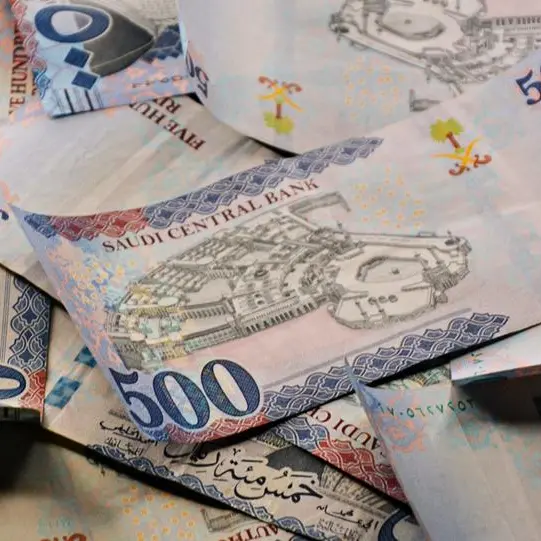PHOTO
The Israel–Hamas conflict is spurring volatility and uncertainty in the Middle East. However, experts suggest the flaring tensions are unlikely to rattle the GCC economies’ oil and non-oil sectors thanks to legacy investments and resilience, but if the conflict stretches on, economic activities could be impaired.
With the conflict that started on Saturday, the price of oil went up from the low eighties to $88 per barrel. On Wednesday, oil prices fell over 2% to settle at $85.82 a barrel as concerns over supply disruptions due to the conflict receded after Saudi Arabia promised to help stabilise the market.
Gold and currencies have not been rocked by the conflict.
“Today, we have seen oil coming back to around $86 again. Other commodities, such as gold, have not shot up either, and we have seen only a short-term fluctuation among currencies in the last couple of days. Our base view is that it should not really rattle energy prices,” Amer Malik, Head of Middle East International, Lombard Odier, told Zawya.
That the top GCC states such as the UAE and Saudi Arabia are supported by oil prices and robust sovereign and corporate balance sheets make its non-oil economy story also robust.
“What the region has shown so far is lots of resilience. People are moving here for the right reasons. There is lot of resolve to make this region a sustainable place for people to come and live. It’s not going to shake that quickly,” Malik said.
Not another oil shock
Samy Chaar, Chief Economist of Lombard Odier Group, reiterates that oil prices are not going to hit $110 or $120 because of the ongoing conflict. Lombard Odier is Geneva’s oldest private bank and oversees about $350 billion in its asset management and wealth divisions.
“Is the current conflict going to generate another oil shock? My answer would be no. If things were to escalate, maybe I would reconsider. But I don’t think today we have the basis for any monumental shock on energy prices,” he said.
“We have seen 25 years of a very challenging geopolitical environment in the Middle East – not the GCC – and its impact on global economies and the financial markets has been narrow. Why would it be significantly different this time?” he added.
The IMF on Wednesday said the war between Israel and Hamas could raise inflation and stymie global growth if the conflict widens and causes a major increase in oil prices.
Commodity trader Mercuria stated that oil could go to $100 a barrel if the situation in the Middle East escalates.
GCC non-oil economy
According to Chaar, the GCC nations, to a great extent, are shock-proofed by the geopolitics, and what matters most is what happens to oil production and interest rates and how the states manage to secure or attract divisions; that is, long-term investment plans.
“The non-oil economy will be completely dependent on what happens to interest rates and divisions. Again, the geopolitical situation should not be ignored, but it is not a dominant factor,” Chaar said, adding, “Interest rates will influence the level of lending, what happens to the real estate market and potentially also private capital for a while.”
2024 Outlook
In 2024, economic activities could broaden compared to 2023. Overall, 2022 was a good year, with oil prices and production booming, Chaar said, but this year the oil sector is contracting due to production cuts, and the non-oil sector is suffering from higher interest rates.
“In 2024, we could see a partial reversal of that, where GCC economies will have an incomplete recovery. If the central banks are in a position to cut rates next year, I think the non-oil economy will be much better in 2024 than in 2023," Chaar said.
Lombard Odier sees interest rates starting a downward trend from the second half of 2024. Chaar believes that there will be a few more quarters of high interest rates; however, if the inflation outlook improves and there is no oil shock, the central banks will be able to reduce interest rates.
The IMF has forecasted growth for the Middle East region at 3.4% in 2024, recovering from an estimated 2% growth in 2023.
The IMF estimated growth of 4% for Saudi Arabia for 2024 and lowered the GDP growth forecast for the kingdom for 2023 to 0.8%. It has forecast that the UAE’s real GDP will expand by 3.4% in 2023, down by 0.2% from its previous projection in June and 4% in 2024.
The forecasts, however, were made before the conflict broke out between Israel and Hamas on October 7.
(Reporting by Seban Scaria; editing by Daniel Luiz)
(seban.scaria@lseg.com)





















